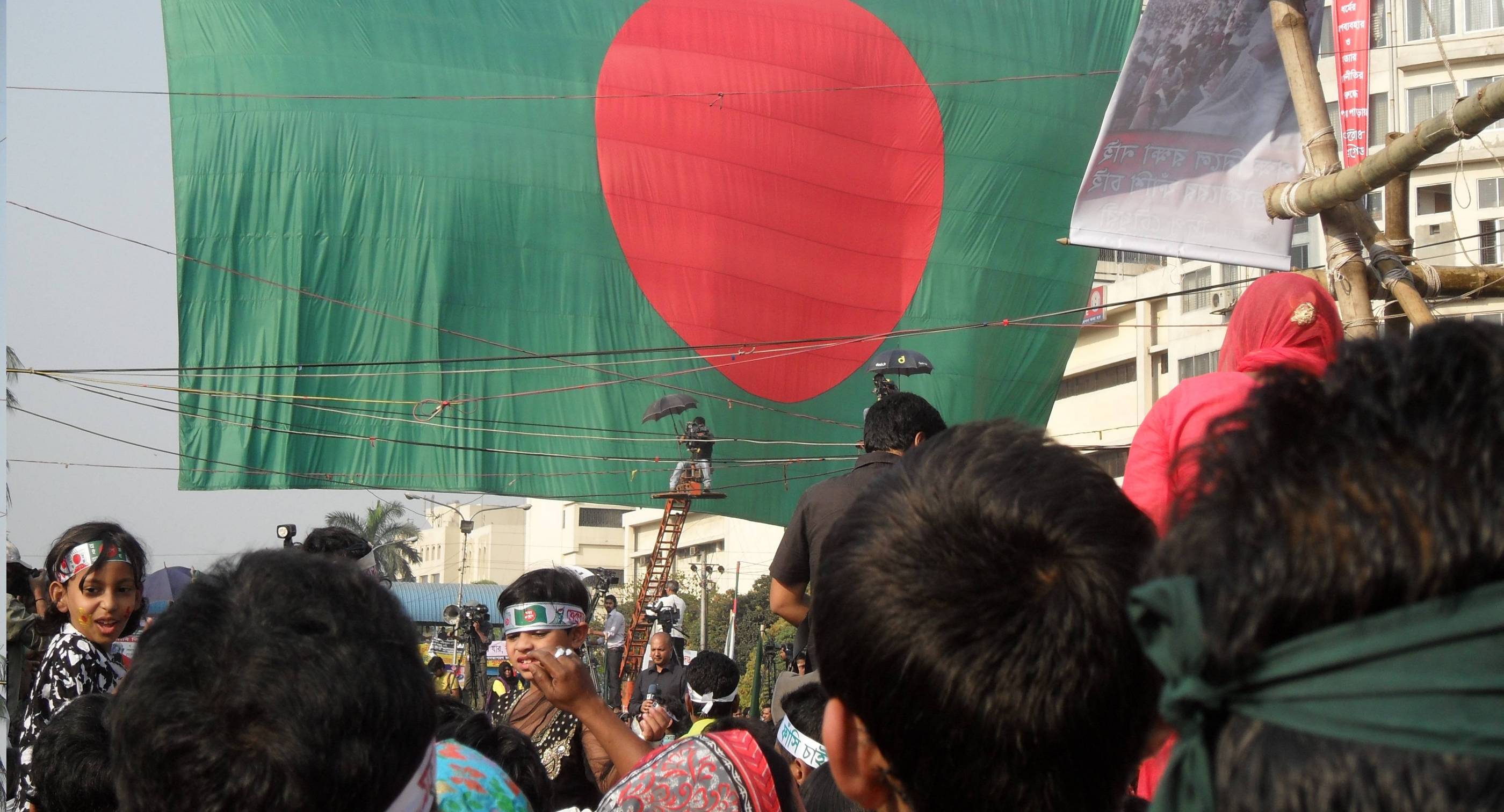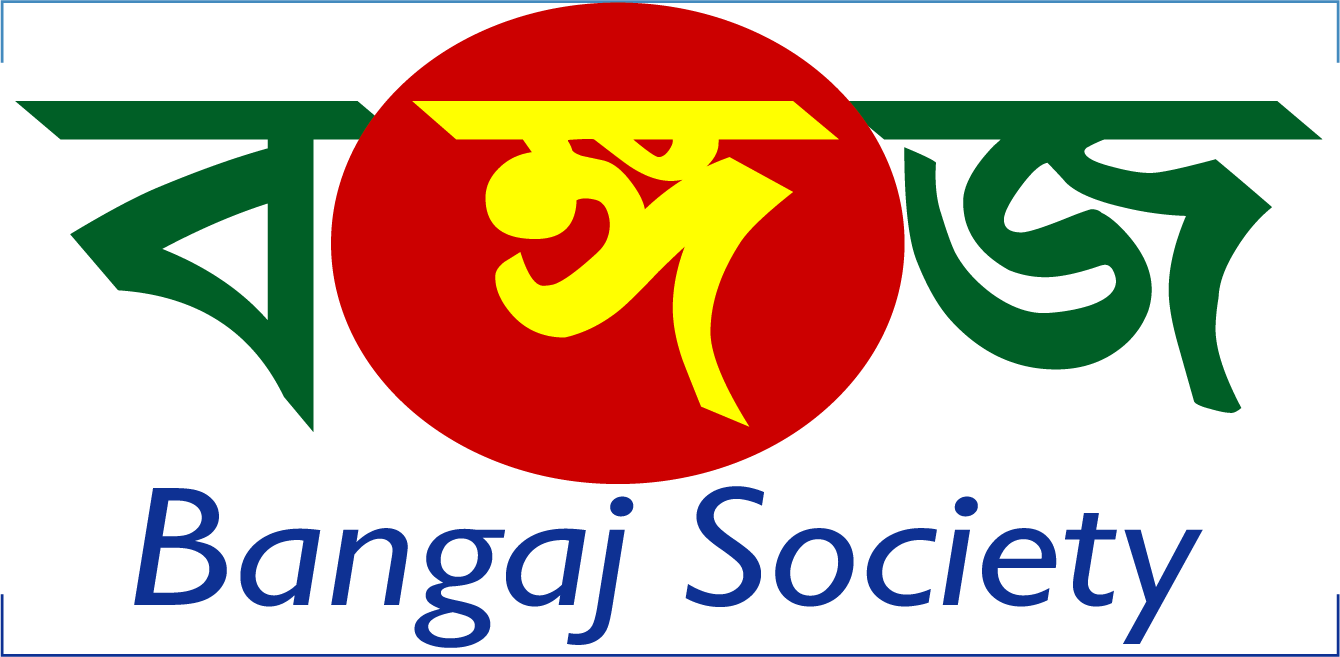
Bangaj is a non-profitable, humanitarian foundation or organization working for social and economic empowerment of vulnerable communities in Bangladesh. It is Registered under ‘The Societies Registration Act, 1860 (Act No. XXI)’ from ‘Office of the Registrar of Joint Stock Companies and Firms (RJSC), Government of Peoples Republic of Bangladesh.
Vision of Bangaj
A society free from all forms of discrimination where everyone has the equitable space to utilize their potentiality.
Bangaj Mission
To reduce under-development- which causes by disparity with religion, belief, race, gender, ability, class, geography and nationality; and to promote of knowledge based socio-economic and environmental development through empowerment of the disadvantaged communities; appropriate utilization of natural resources; encouragement of collectiveness; ensure human need with basic services; initiation of various research, transferring knowledge and education; and promotion of Bengal heritage and culture.
Core Values of Bangaj
Our organisational values are designed to help everyone who works with us to achieve our mission for sustainable development of disadvantaged and marginaliged communities; including children, women, person with disabilities and other and vulnerable groups.
- Bangaj has been an innovator in the creation of opportunities for the development of disadvantage community and peoples. We create an environment of trust inside and outside the organisation by being open, honest and transparent. We ensure accountability and transparency in all our professional work, policies and procedures. The values help to foster a culture of openness and also to create a learning culture within the organization, which allows innovation, experimentation and learning from our mistakes.
- We respect all people and are dedicated to assisting and recognising their need, culture and values of different groups of society, regardless of race, religion, gender, nationality, ethnicity, age, physical or mental ability, socioeconomic status and geography. We support children, girls, women, person with disabilities and ethnic minority people to increase their confidence and to change their own lives.
- We value efficiency and excellence in all our work, encourage collectiveness and we succeed by working effectively with others, inside and outside the organisation, including our sponsors and donors. We; We actively support our colleagues, helping them to achieve their goals. We come together to create and implement solutions in our teams and our targeted populations.
- We are helping people for claiming a fairer share of natural resources. Natural resources are vital for prosperity. We work to help the world’s most marginalised people become significantly more prosperous and resilient, despite increasing competition for land, water, food and energy sources, and stresses caused by a changing climate.
- We’re pushing for more and better-targeted money to go to basic development such as health and education, so that more women, men, girls and boys can participate fully in the economic, social and democratic life of their societies.
Geographical Coverage
- Coastal and of Bay of Bengal and climate vulnerable area including catchment area of Sundarban.
- Char and haor area
- Urban area including Dhaka capital and semi urban and urban peri-ferry area
- Hill and boarder area
- River and embankment side
- Industrial zone and mega project area declared by government.
- Forest and bill area
Targeted Population and Direct Beneficiaries
- Children and young with disabilities and risk at disabilities
- Brothel girl-child
- Parents less children and young
- Children and young people who are risk at narcotics and drugs
- Extreme Poor Households
- Religion-Ethnic Minority: Dalit/Harijan/Antaja communities
- Adivasi in Plain land: Munda, Garo etc.
- Urban Poor and their family
- Landless and marginalized farmer of Rural Bangladesh
- Home/ Shelter less people
- Sundarban dependent Bawali, Moual and Fisher-folk groups
- Vulnerable women with children who are living in Brothel
- Person with physical and intellectual or mental disabilities
